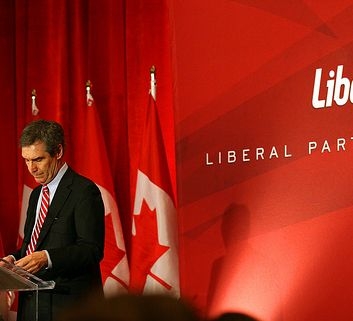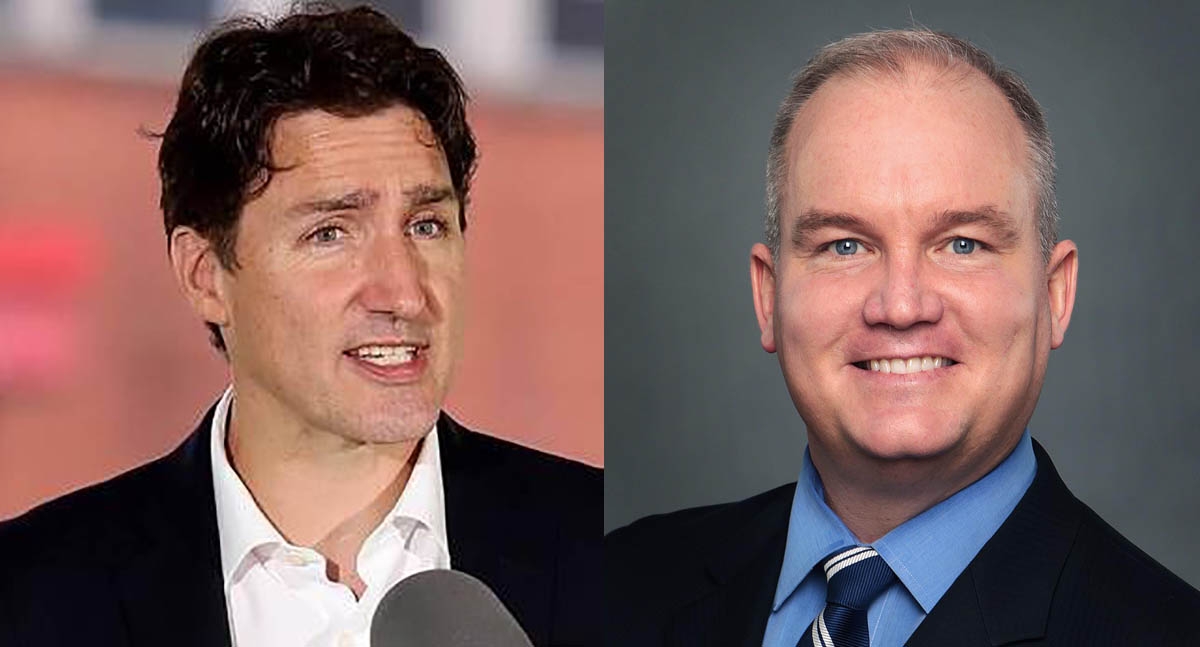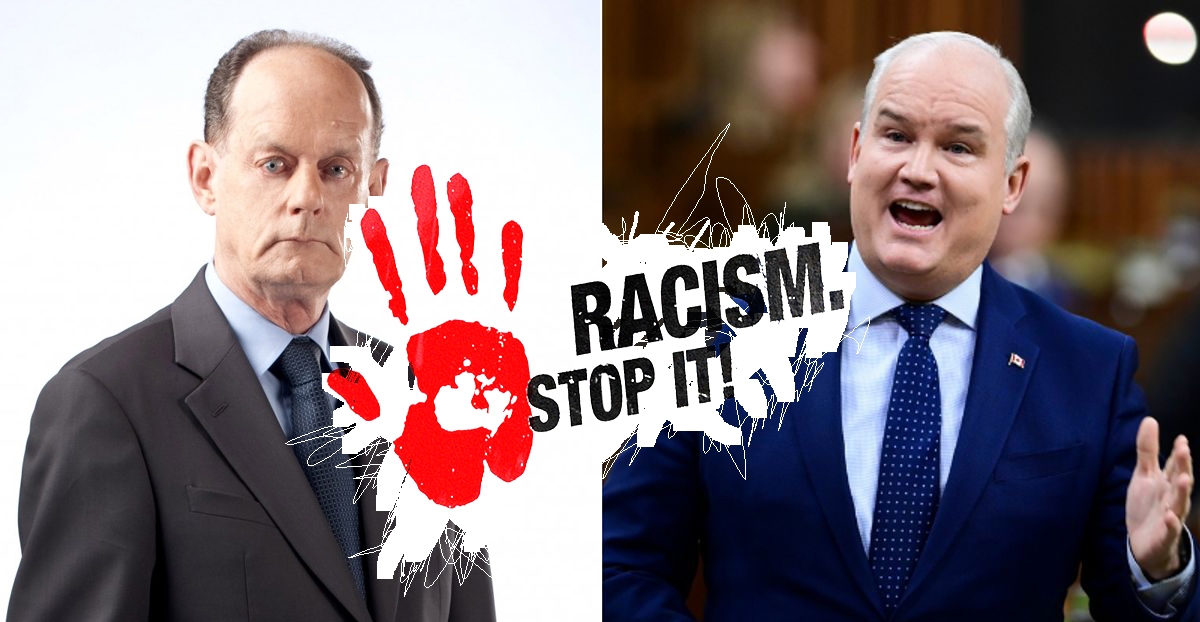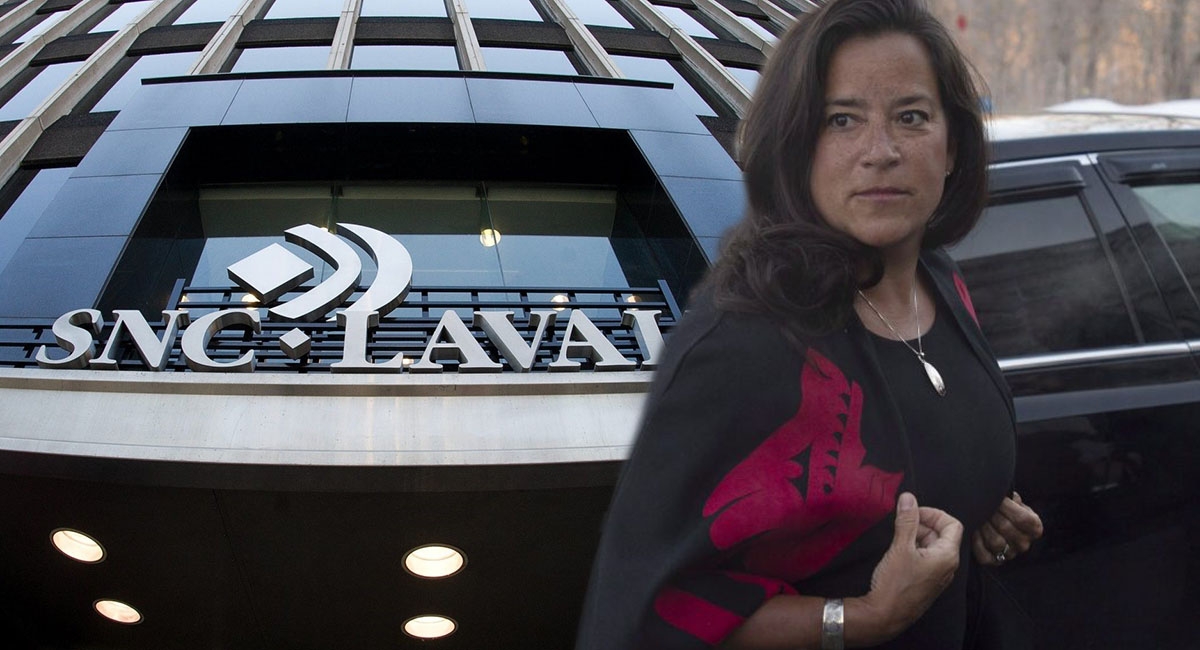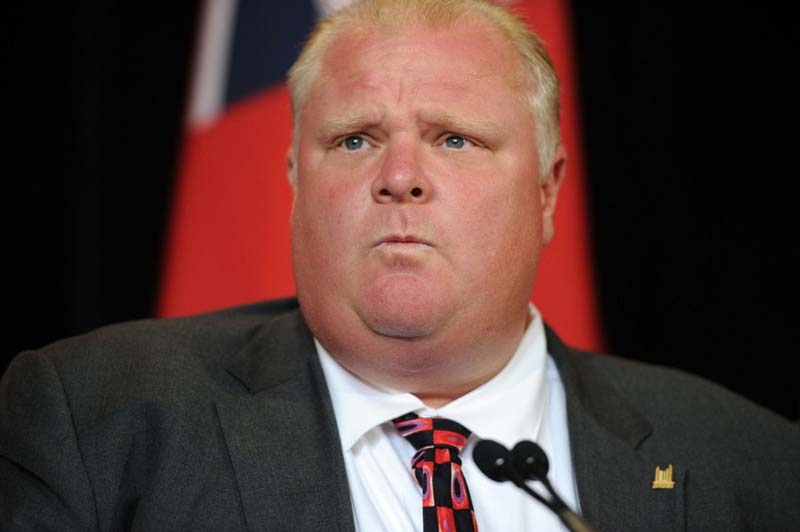
Time for Toronto’s Media Elites to Take a Look in the Mirror
By Joanna Plucinska
All journalists should be concerned about recent decisions taken by the Toronto Star and The Globe and Mail concerning the standard of evidence they require in reporting. In their quest to “investigate” the actions of Toronto Mayor Rob Ford and his Councilor brother Doug Ford, many in the industry are rightly concerned that the papers have severely damaged their brand with the public and compromised several important ethical standards in journalism.
With recent reports of a video showing Toronto’s mayor smoking crack cocaine, the Canadian media, led by the Toronto Star and The Globe and Mail, has spun itself into a flurry of hearsay, rumors and, at the end of the day, unproven accusations.
News of the video broke with a blog post on Gawker, an online scandal sheet, on May 16, followed by an article in the Toronto Star, the newspaper with the highest circulation in Canada. Reporters for both pieces claimed they had seen a video of Ford smoking crack cocaine. The story soon spread to countless international news sources, including The New York Times and the BBC.
The Globe and Mail continued to feed the fire. A few days after the scandal broke, the Globe published an “in-depth” front-page feature which they positioned as an “investigative piece” on the Ford family’s alleged connections with the Toronto drug community. Specifically, Globe reporters claimed that Doug Ford, Rob Ford’s brother and a Toronto City Councilor, had been a drug dealer while in high school. In publishing the story, the Globe implied that the Ford family, and by association, Rob Ford, had in some way been involved in the Toronto drug trade.
It holds true that Rob Ford has been no stranger to scandal. His indiscretions are frequently splashed across the pages of Canada’s newspapers. Most recently, he was accused by former mayoral candidate Sarah Thompson of being inebriated and of “grabbing her ass” at a social gathering in Toronto. Others at the event said it didn’t happen. Rob Ford vehemently denied it. Nonetheless, the media spotlight was on this he said-she said story for weeks.
With such speculative stories appearing about Ford, it’s important to remind oneself of fundamental standards and ethics in reporting. The duty of journalists is, first and foremost, to provide the public with the truth – verified and publicly verifiable, evidence-based truth. As the Ryerson School of Journalism’s very own Rules of the Game, the student handbook for journalists, outlines, “Not only must the student stand ready to provide verification of each fact, but the audience should, as a general rule, be able to evaluate the reliability of the information.“
It appears this standard has been set aside by the Toronto Star and The Globe and Mail in their coverage of the Ford brothers. For example, none of the claims against Doug Ford have been verified with even one on-the-record source. The Globe and Mail’s Editor-in-Chief John Stackhouse has suggested that readers should not worry about this and “trust them.” It is ironic that Stackhouse’s words seem more like something a politician would say to a reporter, rather than a statement the press would make to the public.
The Star has further contributed to this dismaying behavior. In a race against Gawker to publish the story about the alleged video showing Mayor Rob Ford holding or smoking a crack pipe, the Star seems to have sacrificed accuracy for the sake of expediency. While the Star’s publisher John Cruickshank, and Editor-in-Chief Michael Cooke both claimed that their primary motive in running the story was the public interest, they don’t deny that they knew Gawker, an online gossip blog, was going to run the story.
The Star’s leaders felt that, even without irrefutable facts or proof, they should break the news regardless, simply to compete with Gawker. The decision of these two key decision-makers at the Toronto Star, to hold themselves to the same standards of journalism as an online scandal sheet is troubling – it screams that they have lowered the bar simply to sell newspapers.
Michael Cooke, the current Editor-in-Chief of the Toronto Star, who’s honed his skills at tabloid newspapers such as the New York Daily News, doesn’t see any problem.
 In a recent Toronto Life profile, Cooke said: “I can’t imagine The New York Times running a front-page investigative story full of holes in the hope that someone would phone them up. But when you print what you haven’t got, sometimes people actually give it to you.” Why was the Star not going to hold itself to the higher New York Times standard and instead publish a story full of holes? Evidently, it was in the hopes that the video would then magically appear.
In a recent Toronto Life profile, Cooke said: “I can’t imagine The New York Times running a front-page investigative story full of holes in the hope that someone would phone them up. But when you print what you haven’t got, sometimes people actually give it to you.” Why was the Star not going to hold itself to the higher New York Times standard and instead publish a story full of holes? Evidently, it was in the hopes that the video would then magically appear.
This strategy clearly hasn’t worked for the Star. While Gawker raised $200,000 to purchase the video through a so-called “Crackstarter” campaign online, the Star refused to pay for the video, claiming this would compromise its “ethics.” The video’s apparent owner says it is no longer available, leaving no solid proof that the mayor did in fact smoke crack cocaine. Without Gawker, how does the Star plan to prove its allegations now?
We trust journalists because their role is to provide all the facts – should we believe them when they can’t even meet this basic requirement?
And yet, other media organizations don’t see the problem. In these sorts of situations, shouldn’t journalism schools, considered the bastions of education on the ethics of journalism, be speaking up for the very standards they’ve set?
Their leaders have been doing the opposite. Ivor Shapiro, chair of Ryerson’s School of Journalism, stated in an interview with The Grid TO that the media has done nothing wrong – that the public doesn’t need to see raw evidence in order for something to be true.
The journalism school mavens also failed to point how the media frenzy has wider consequences than one may foresee. These reports have raised questions in the public mind about the Ford family’s role in public office. More seriously, many feel that the excessive coverage has hurt Toronto’s reputation internationally, giving the impression that Canadians allow themselves to be led by unqualified and irresponsible politicians.
Publishers and columnists are saying that Ford is responsible for ruining the city’s good name. But is it solely Ford’s fault? Has the coverage of these issues by The Globe and Mail and the Toronto Star not done more to damage the city’s reputation? While columnists and journalists are quick to place the blame on Ford, it may be wise for them to examine their own role in exacerbating the city’s image problem.
It’s time for the Toronto Star and the Globe to reflect on whether their coverage is really worthy of the sacrifices they’ve made to their own reporting standards. With no “crack video” in sight and no one prepared to go on the record to support the Globe’s accusations against Doug Ford, the credibility of both papers in reporting serious stories fairly and accurately is now in question.
Journalism should be about providing a fair, balanced and truthful perspective on multiple facets of many different stories. The Canadian media needs to return to these standards for the sake of Toronto and for the sake of standards-based and principled reporting.

